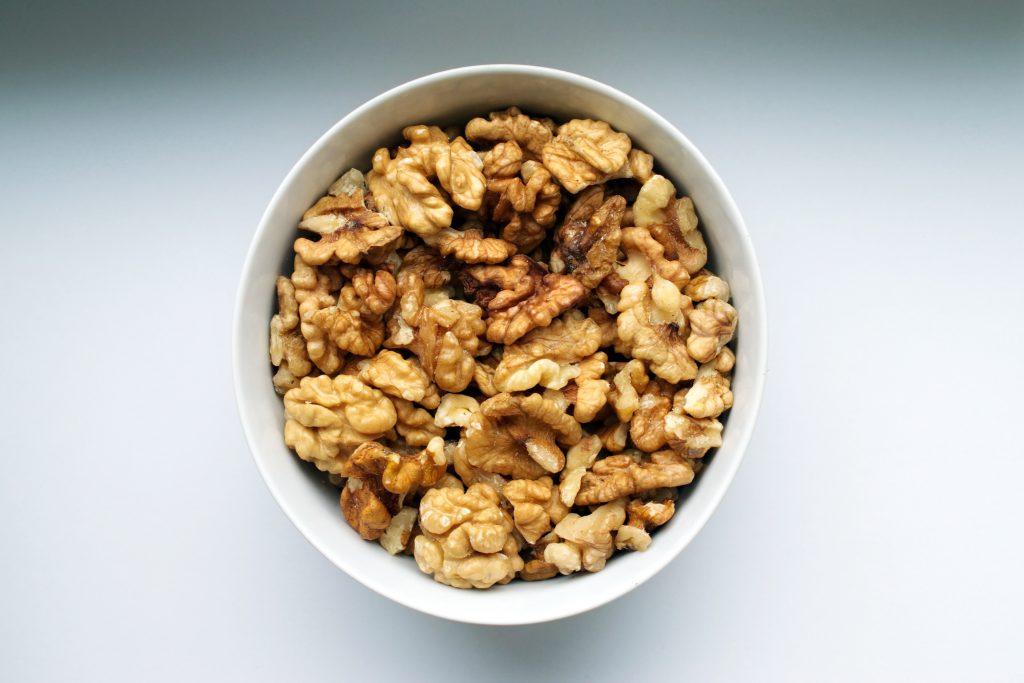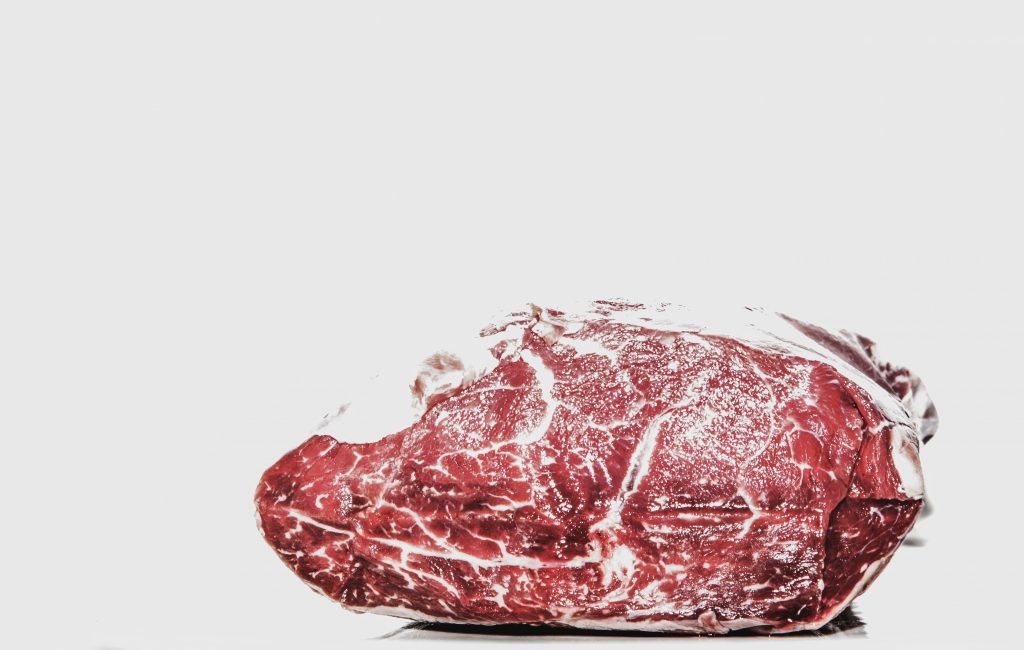Can Fish Oil Help Prevent or Recover From COVID?
Before COVID hit, we had been hearing about the wonders of fish oil-derived omega-3 fatty acids (or omega-3s for short) and their amazing anti-inflammatory properties. Now, their benefits are even more exciting as we await definitive recommendations to prevent, provide support during, and recover from SARS-CoV2 illness. It has been hypothesized that the EPA and DHA, 2 kinds of fatty acids within the omega-3 subclass, may provide some of these greatly needed benefits.
But first…You Want Me to Eat Fat?
Yup.
The body needs myriad different fats to function properly, from our cells to our skin to our brain. Saturated, polyunsaturated, monounsaturated, they’re all important. The body can typically convert most types of fat into whatever type it is missing, with omega-3s the exception. Omega-3s are one of only a few types of fats called “essential” because your body cannot make its own supply. Omega-3s must be consumed, or we will suffer the consequences.

Omega-3 fats incredibly powerful at controlling inflammation. Deficiency can lead to low energy, depression, weakness, vision and learning problems, dry skin, poor hair and nail growth, impaired digestion, increased risk of auto-immune conditions, cardiovascular disease, cancer, diabetes, weak bones, impaired liver and kidney function, poor glandular performance, poor reproductive performance, and greater likelihood of becoming overweight. Quite a list of side effects from missing this essential fat, huh?
The good news is that Omega-3s are easy to get, either through food or supplement. The most common source in the American diet is fish. If you enjoy a portion of fish every day, you likely have no worries about omega-3 deficiency – and why omega-3 deficiencies are quite uncommon throughout most of Asia. Most Americans aim for about 2-3 servings of fish cold-water a week, if that. Fish (especially fattier varieties like salmon, mackerel, halibut, sardines, anchovies) has an abundance of EPA and DHA, types of omega-3s that reduce inflammation throughout the body, especially in your heart, arteries, and brain (including modulating depression).
Not a fish eater? Don’t despair!
Plant-based omega-3s
Flaxseed and chia seed have an abundance of ALA, a type of Omega-3 that has been shown to reduce triglycerides, blood sugar, and potentially LDL cholesterol. ALA is also found in walnuts. But you’ll need to eat at least a large handful every day, and not everyone’s body converts ALA into the more potent EPA form readily, putting vegetarians and vegans at a disadvantage.

Meat-based omega-3s
For all you carnivores, good news. You may be wondering, where did those inland cavemen get THEIR omega-3s from? They certainly didn’t zip down to the Vitamin Shoppe to take advantage of a sale! The answer is from grass. Fish aren’t high in Omega-3s because of anything endemic in fish; they eat seaweed and are great at transforming it into omega-3s stored in their flesh. So, early man got their omega-3s from grass-eating animals – and we can find these omega-3s similarly in pastured, grass-fed, and wild game animals today. Pastured beef, buffalo, and lamb all contain non-fish-based omega-3 fatty acids. Animals not provided with pasture to graze are fed a diet of corn soaked in high-fructose corn syrup – certainly not ingredients to make our EPA & DHA!

Runaway Inflammation Train
Omega-3s compete in cell membranes and throughout the body with omega-6 fatty acids. Omega-6s are typically inflammatory. While some inflammation is actually a good thing (after all, we do want that paper cut or skinned knee to heal!), Americans consume way too much omega-6 to omega-3 fatty acids, as high as 20:1. We should be aiming for closer to 4:1! The omega-6s come from oils such as corn, soybean, canola/rapeseed, and vegetable, margarine, and fried foods. So it’s a good idea to swap these with other oils overall, including olive, coconut, avocado, and even pastured butter (grass-fed = omega-3s).
Given the typical American diet, most people will need an omega-3 supplement. There are many ways to supplement omega-3 fatty acids. The best way is with a fish oil, or, for vegans, algae oil, though incorporating pastured meat and fish, freshly ground flaxseed, and walnuts are certainly important.
So What Does Salmon Have To Do With COVID?
Since COVID is seen as an illness with a very high inflammation signature, rebalancing fatty acids in the body prior to illness while also incorporating more omega-3 fatty acids can help reduce inflammation before there’s a problem. While no clinical trials have yet been carried out, researchers hypothesize that incorporation of omega-3 fatty acids into the diet in higher ratios could be beneficial to recovery – starting at the cellular level.
Fish oil supplements are not a place where you want to cheap it. When checking for purity, look for molecular distillation and third party verification – otherwise you risk heavy metal and PCB contamination and rancidity. Rancid oil consumption is about as toxic as, or perhaps worse, than not getting enough omega-3s. In stores, Nordic Naturals and Carlsons are quality brands. Current clients also receive online discounts through my online supplement dispensary partners for brands including Vital Nutrients and Metagenics.
References
Pizzorno, J. E., Paul, C., & Schauss, A. G. (2012). Fish oils (omega-3 fatty acids, docosahexaenoic acid, eicosapentaenoic acid, dietary fish, and fish oils). In J. E. Pizzorno & M. T. Murray (Eds.), Textbook of natural medicine (4th ed., pp. 745 – 771). Churchill Livingstone.
Rogero, M. M., de C. Leao, M., Santana, T. M., M.B., de Pimentel, M. V., Carlini, G. C. G., da Silveira, T. F. F., … & Castro, I. A. (2020). Potential benefits and risks of omega-3 fatty acids supplementation to patients with COVID-19. Free Radical Biology and Medicine, 156(20), 190-199. doi:10.1016/j.freeradbiomed.2020.07.005
